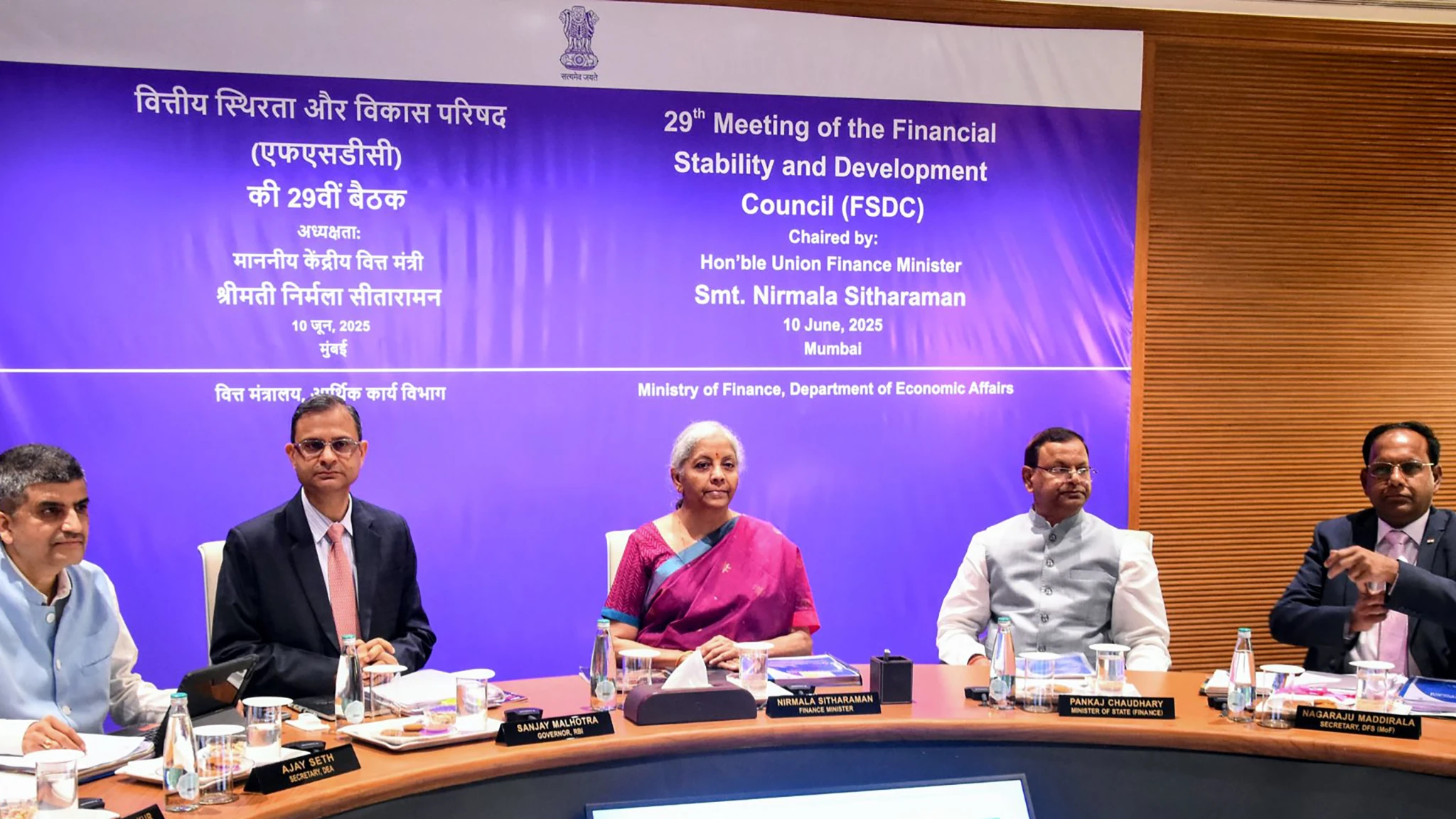India’s financial sector presents a picture of robust expansion coupled with escalating risks. While certain segments demonstrate impressive growth and future potential, a shadow of increasing digital fraud looms large, demanding immediate attention and strategic countermeasures. Recent news highlights both these facets, painting a complex yet crucial narrative for the nation’s economic trajectory.
Mortgage Business Powering Ahead
Cholamandalam Investment and Finance Company (Chola) is strategically positioning itself to capitalise on the burgeoning mortgage market. The company projects mortgage businesses to constitute a significant 35-37% of its total assets within the next three years, a clear indication of its focus on this sector. While vehicle finance remains its mainstay, this diversification into home loans and loans against property (LAP) signals a calculated move towards long-term asset growth and revenue diversification. This is further reinforced by the bullish outlook from Motilal Oswal (report) which recommends a ‘buy’ rating for Chola, anticipating substantial growth in disbursements, assets under management (AUM), and profit after tax (PAT) in the coming years.
Simultaneously, the affordable housing segment is witnessing renewed vigour with former HDFC officials launching Weaver Services (news), a dedicated affordable housing finance firm. This venture, aiming to acquire smaller housing finance companies, underscores the inherent opportunities within the low-cost housing market and the confidence industry veterans have in its potential. Both these developments point towards a vibrant and expanding mortgage landscape in India.
Fintech Privacy Under Scanner
However, this optimistic growth narrative is juxtaposed with a concerning trend highlighted in a Reserve Bank of India (RBI) report. The report reveals that a significant majority – over 70% – of fintech and banking applications in India request ‘sensitive permissions’ from users, including location tracking and access to media and storage. Notably, Indian apps are more inclined to seek extensive permissions compared to their counterparts in the US and EU, raising questions about data privacy and user consent. While data sharing with third parties might be better managed in Indian apps, they lag behind in crucial aspects like data encryption and offering users control over data deletion. This paints a picture of a regulatory landscape that needs strengthening to safeguard user privacy in the rapidly evolving fintech domain.
Fraud Cases Skyrocket
The most alarming aspect is the exponential surge in financial fraud cases. RBI data presented in Parliament (report) reveals a staggering 986% increase in reported fraud incidents over the last five years. The amount involved has also increased dramatically, though recovery rates remain dismally low at under 10%. This massive jump in digital fraud, particularly involving methods like Aadhaar Enabled Payment System (AePS), indicates a serious vulnerability in the digital financial infrastructure and highlights the growing sophistication of cybercriminals. The gap between the growth of the finance sector and the escalation of fraud is widening at an alarming pace.
How can India ensure that the bold growth of its finance sector is not undermined by the shadow of fraud? A multi-pronged approach is essential. Robust cybersecurity measures across all financial institutions and fintech platforms are paramount. Equally crucial is enhancing user awareness about digital financial risks and promoting safe online practices. Finally, stringent regulatory oversight and swift punitive actions against fraudsters are necessary to build a secure and trustworthy financial ecosystem that can sustain long-term growth and protect the interests of all stakeholders.










Leave a Reply